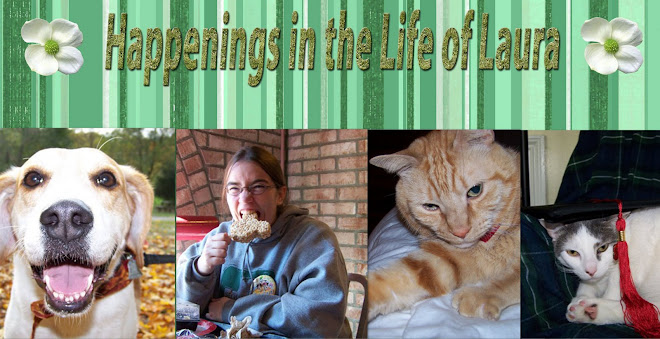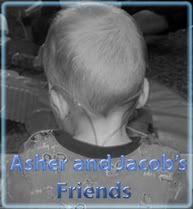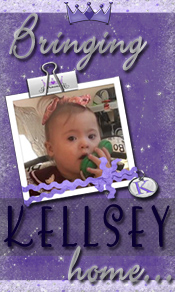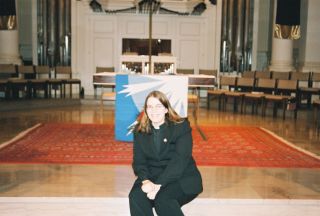Our Gospel reading for this week offers us an invitation. We, God’s people, are invited to feast. Last week, we heard the earlier part of this reading, which began for us this great invitation. We are invited to the meal of eternal life, to eat of Jesus’ body and to drink of his blood in the elements of bread and wine. Here, Jesus invites us to the meal that proclaims and offers God’s grace.
This week, we, the ELCA, have been sharing in the National Assembly. During this assembly, we have offered invitations again. They were invitations extended to others to fully participate in sharing ministry within the Evangelical Lutheran Church in America.
One particular invitation that was accepted with a 95% majority is about sharing in a full communion agreement with the United Methodist Church. The process of which began back in 1977. Over the years, we have been in discussion with them about our similarities and our differences. Our focus has not been on what divides us, but what brings us together.
Probably the greatest hurdle this process has faced is what we encounter here in today’s Gospel reading. In the Methodist tradition, Holy Communion is celebrated as a memorial; a remembrance of Christ’s sacrifice. The tradition does not teach that the bread and the wine are literally Christ’s body and blood. Rather, it is a time to eat of this meal like they did in the Last Supper, and to prayerfully remember Christ’s death.
In the Lutheran tradition, we teach that indeed, the bread and the wine are Christ’s body and blood. The meal has Christ’s real presence over, under, and through it. We teach that through the elements and the Word proclaimed, Christ is truly present in the meal. As in the greek word for eat in the John text translates; we are gnawing on Jesus’ body. It is truly his body and blood, allowing Christ to abide in us. How, we do not know. As Luther stated, it is one of the great mysteries of our faith.
While these differences are indeed great in our understanding of Holy Communion, we are now in this relationship of full communion. What this means for our relationship with the Methodist church is that ministers can share in leading worship at one another’s congregations. This is something that has been evidenced for many years at Simpson Temple in Altoona. Two Lutheran and United Methodist congregation came together to have one pastor. At the moment it is an ELCA minister. The next pastor will be United Methodist. The two congregations are now one; they worship together, serve together, acting as one Christian body.
The call we hear in today’s readings is one that speaks to the invitation we have in this Full Communion agreement. It is the call to come together as Christ’s body and to share in the meal that offers God’s grace. It is the banquet feast, where we can eat of the bread and drink of the wine that proclaims the Good News of eternal life to all.
God’s body throughout the world comes together at this meal. We come bearing our differences in belief about what the elements in Communion are. We come bearing our sin and the weight of our burdens, ready and eager for the words of forgiveness that are proclaimed. And we come united, even in our differences, reawakening us to our unity as God’s children.
This is the great gift of the Gospel; that through Christ, we are united. The invitation is extended to all people even in our differences and brings us together as God’s creation. We are called to come together as one with people of all faiths, ethnicities, age, orientation, class, gender… We come together with those we are angry with, and those we do not know. We are brought together not because we want to or because we like the people sitting next to us. No, we come together because of the one who calls us, Jesus Christ.
We come to the table because we have been invited. We come as honored guests who, while completely undeserving, are fed and nourished through the sacrifice of a loving and gracious God. It is why we call this meal a means of grace. Because the one who loves us more than we could ever love ourselves wants to nourish us through this heavenly meal with his word and grace; strengthening and equipping us to do the work of his kingdom.
To pray for others
To forgive our neighbor
To love stronger
To open the door to another
To share God’s love to someone
To invite all to Christ’s meal
This message of invitation is one that feeds the hungry and strengthens the weak. Prior to our John reading, Jesus had fed the 5,000. Here, as he gives the message to eat of his body and drink of his blood, he is speaking again to the same crowd. He is telling them that indeed, their stomachs were filled through the loaves and fish, but he is offering them something more. He is inviting them to feast on the meal that has no end. Christ has the words of eternal life and is calling us to be united with one another in a meal that will sustain them in all times and in all places. It is the meal that they eat of and never grow hungry. It is the drink that will cause them to never be thirsty.
While they may not understand how, and while the idea of eating his flesh and drinking his blood may seem offensive, God calls them out of their current understanding and into paths yet untrodden. They are to break away from what they think they understand and delve into this great feast of God’s grace.
In Communion, we walk up divided by our differences only to be united as one. As we approach the end of the ELCA Churchwide Assembly, we can be in prayer that this will be the proclamation made about our relationship with the Methodist church and all of God’s children. That indeed, our differences will not divide us but will rather unite us. As we face questions on matters of sexuality, HIV/AIDS funding, evangelism, and all other issues we have heard about through the churchwide agenda, we are called to pray for the each other as the Christian body.
After the vote on sexuality at synod assembly, Presiding Bishop Mark Hanson offered these words: “We meet one another finally, not in our agreements or our disagreements, but at the foot of the cross -- where God is faithful, where Christ is present with us, and where, by the power of the Holy Spirit, we are one in Christ."
While we have our differences, one thing remains the same. We certainly will always face our differences as the church, but our unity in Christ never wavers. We are the body of Christ, united through his death and resurrection. The invitation to the meal will always be extended, allowing our differences to wash away as we share in the flesh that is true food and the blood that is true drink. Thanks be to God. Amen.
Saturday, August 22, 2009
Subscribe to:
Posts (Atom)











